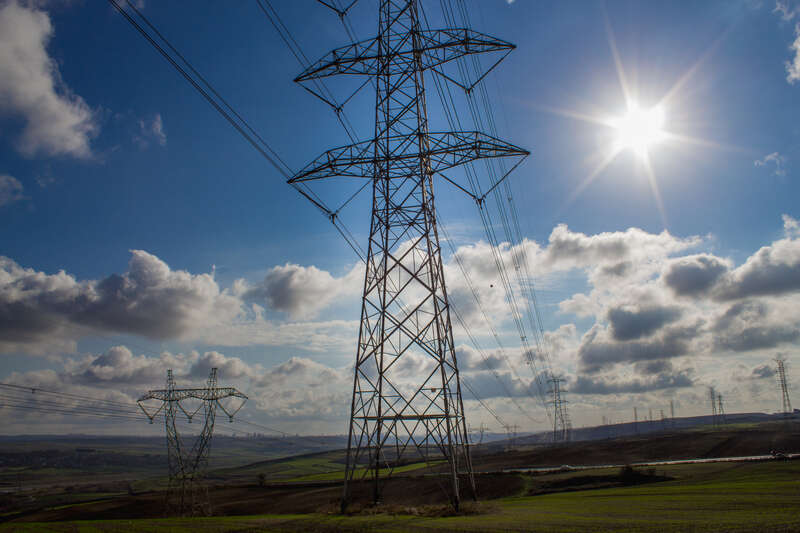Last week, Greece announced a partnership with Saudi Arabia, called the Saudi Greek Interconnection, that will work toward building electric transmission infrastructure to connect the two countries’ power systems. The countries, according to Smart Energy International, “identified hydrogen, renewable energy sources, electric infrastructure as priority areas” for this new international relationship.
The creation of the Saudi Greek Interconnection comes a year after the countries signed a memorandum of understanding focused on energy cooperation.
Yet, this is only one chapter of the electric transmission news that has been coming out of Greece over the last year.
In July, the country’s Independent Electricity Transmission System Operator, announced that it was purchasing a 25% share of EuroAsai Interconnector Holdings Limited, a move that was seen as helping expedite the construction and installment of the EuroAsia Interconnector, a $2.2 billion project to put the first transcontinental interconnection under water. At 1,208km, the high-voltage transmission cable is expected to be the longest such cable in the world, and will connect Greece with Cyprus and Israel. The project will be built by French firm Nexans and is expected to be completed by 2027.
In July, the second Greece-Bulgaria interconnection, was completed and tested for use. This project may offer the clearest view as to why the country has been so busy lately.
Greece has had existential financial crises over the last decade. The first Greece-Bulgaria interconnection was a reflection of this — it was mostly for Greece to import cheap fossil fuel and nuclear energy so it could drive costs for the country’s electric customers. This second interconnection with Bulgaria is a sign of turning fortunes. Greece has profited from the rise of renewable energy over the last decade, and the country has invested heavily in renewable generation so it can become a green exporter in the wider region.
Suddenly, Greece has a main role to play in Europe’s rush toward decarbonization by 2030. It will be interesting to watch what the country does in the coming years as its importance to Europe and Asia’s efforts to go green and cut emissions.














